Nest’s unique model is driving more equitable access for all families to comprehensive breastfeeding support - and our entire Nest family is committed to serving all families regardless of feeding choice, race, color, sex, socioeconomic status, gender identity, ethnicity, religion, sexual orientation, age, marital status, or disability.
















All Nest Collaborative IBCLCs operate strictly under their IBCLC certification, though some may hold additional certifications.
